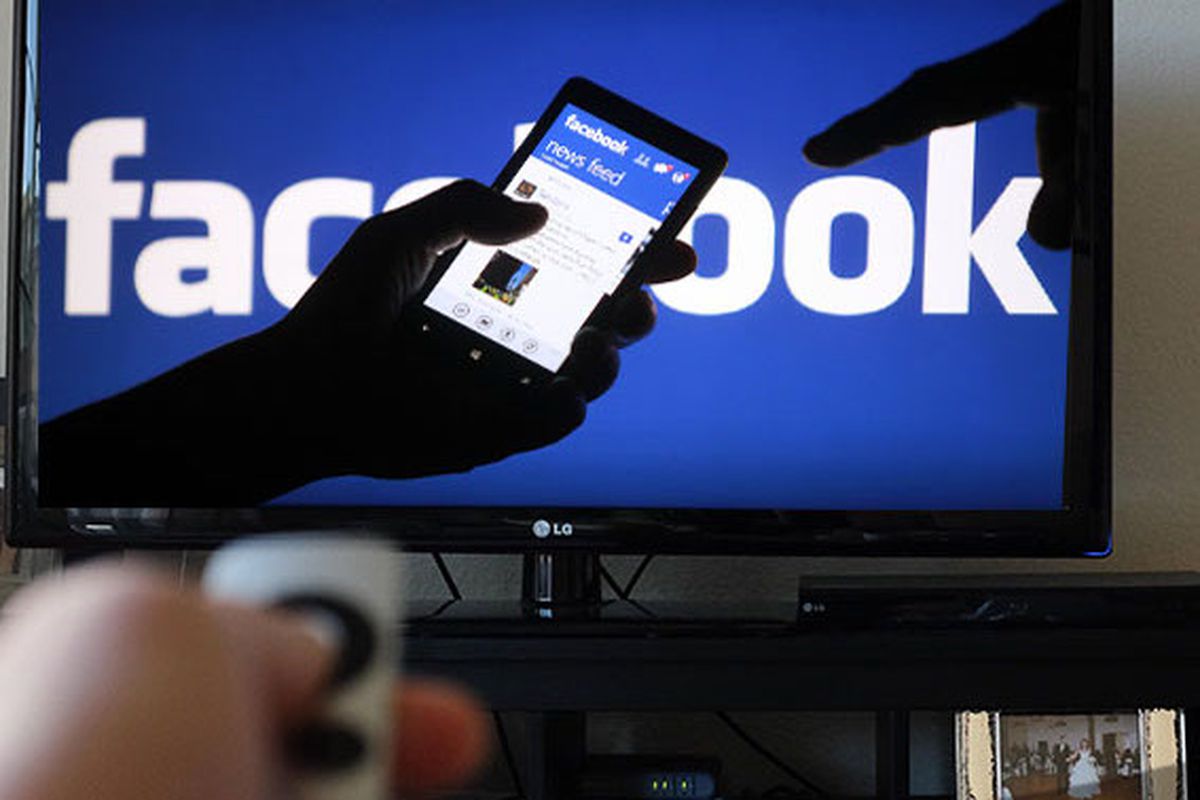Why Facebook Continues to Make Profit Despite the Odds

It seems every couple of days another scandal for Facebook comes up yet its profits continue to soar. What would it take to dent the enthusiasism of users and advertisers of the social media giant?
Early this year, Facebook faced another privacy scandal after it was revealed that it had targeted teenagers with a market research app that saw them hand over lots of personal information in exchange for a monthly fee.
Apple accused Facebook of dodgy dealings with the app, which was distributed to consumers via a platform designed to allow organizations to share private apps with employees. Meanwhile, a more serious crisis for the company’s reputation was unfolding – Instagram, owned by Facebook, stood accused of failure to protect young people for disturbing content about suicide. The case of Molly Russell, who took her own life in 2017 at the age of 14, appeared to highlight the dangers of an unregulated social media industry.
Nonetheless Facebook has been recording good results with their profits balooning each time with 2.7 billion people using its product every month. So why is Facebook’s business not suffering from the scandals?
Research analyst Ryan Doheny from one of the leading surveys and markets organization says “Instagram’s rapid growth is one reason advertisers still love the company. Instagram stories hit the 500 million user mark for daily users,” he explains “That provides an incredible platform for advertisers that’s pretty well unmatched in terms of daily reach.
Scandals at both Facebook and Google have led advertisers to question if they are safe places to promote brands. But Emily Bell, director of the Tow Centre for Digital Journalism at Columbia University agrees that in the end, their sheer scale is persuasive. “The Google and Facebook platforms are so much cheaper and more efficient in terms of how they profile and reach their people. The location data that the services have is really unpareled.”
Emily says there is a lot of talk from advertisers about wanting a “cleaner information environment,” but they have not voted with their wallets yet. That of course might change if users do begin to get fed up with the product. Jamie Bartelt, author of The People Versus Tech says there are plenty of anecdotes about people leaving Facebook, but the numbers tell a different story.
Perhaps a more imminent danger is regulation. British MPs recently called for a new code of practise for social media, with firms like Facebook having a legal duty of care to make sure users under 18 years do not get harmed.
The world has fallen out of love with Facebook over the last couple of years. So far that has not affected its bottom line, but if a combination of regulators, concerned parents and advertisers unite to demand reform that could change.










